www.hasanboy.uz dan olindi
___________VILOYATI __________ TUMANI XALQ TA’LIMI BO’LIMIGA QARASHLI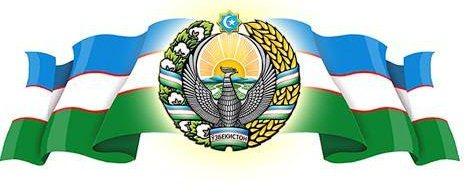
_____-SONLI O’RTA TA’LIM MAKTABI INGLIZ TILI FANI
O’QITUVCHISI
____________________________NING
5-sinflar uchun Unit 4. Lesson 1
Today is ...
mavzusida 1 soatlik
Dars ishlanmasi
____________-2017
Date:________________Form:____________
Theme: Today is ...
Aims:
Educational:
-to revise classroom language and the days of the week
Developing:
- to enable pupils to recognize the short forms of the weekdays;
- to enable pupils to answer and write questions in the past;
Bringing up: -to become pupils polite and honest
Type of the lesson: group work, pairwork
Method of the lesson: untraditional, mixed
By the end of the lesson pupils will be able to:
- recognize the short forms of the weekdays;
- answer and write questions in the past.
Visual aids: Pupil’s Book, the DVD, flashcards: the days of the week etc.
The procedure of the lesson:
| № | Part of the lesson | Tasks | Time |
|
| 1 | Organizational Moment |
-to greet pupils. | 3 min |
| 2 | Repeating last lesson | - to give pupils some questions about last lesson. | 5 min |
| 3 | Explaining new theme | - to explain to pupils new vocabulary and theme | 20min |
| 4 | Consolidating new theme. | - to consolidate new theme and new words of the theme. | 12 min |
| 5 | Marking. | - To mark pupils | 2 min |
| 6 | Homework. | - Giving homework. | 3 min |
I Org.moment:
Greeting
Checking the register
II Revising last lesson.
III Explaining new theme:
IV. Pre-Activity
Activity 1 Listen and repeat.
Objectives: to introduce the unit topic; to warm up ask the pupils to listen to and repeat the song. Ask which words they recognised. 5 min
 DVD script:
DVD script:
My school (Tune of “Oh, Susanna”)
| When I am at school I see my friends. I love them very much. And I have my pencils in my bag,
Some copybooks and pens. When we are at school We read and write. We do a lot of things. | And we don’t have many lessons. Two, three, four, five and six. I’m so happy. I’m happy to go to school.
For I meet my friends And they meet me, And we are happy here. |
VI. While-activity
Activity 2 Look and write the days. 10 min
Objective: to revise and practise writing the days of the week
STEP 1: Say: ‘Look and listen.’
Then show the flashcards of the days of the week and say: ‘Repeat after me:
Monday, Tuesday, Wednesday, Thursday, Friday, Saturday and Sunday.’ Then ask: ‘What are they?’ and get the answer: ‘They are the days of the week.’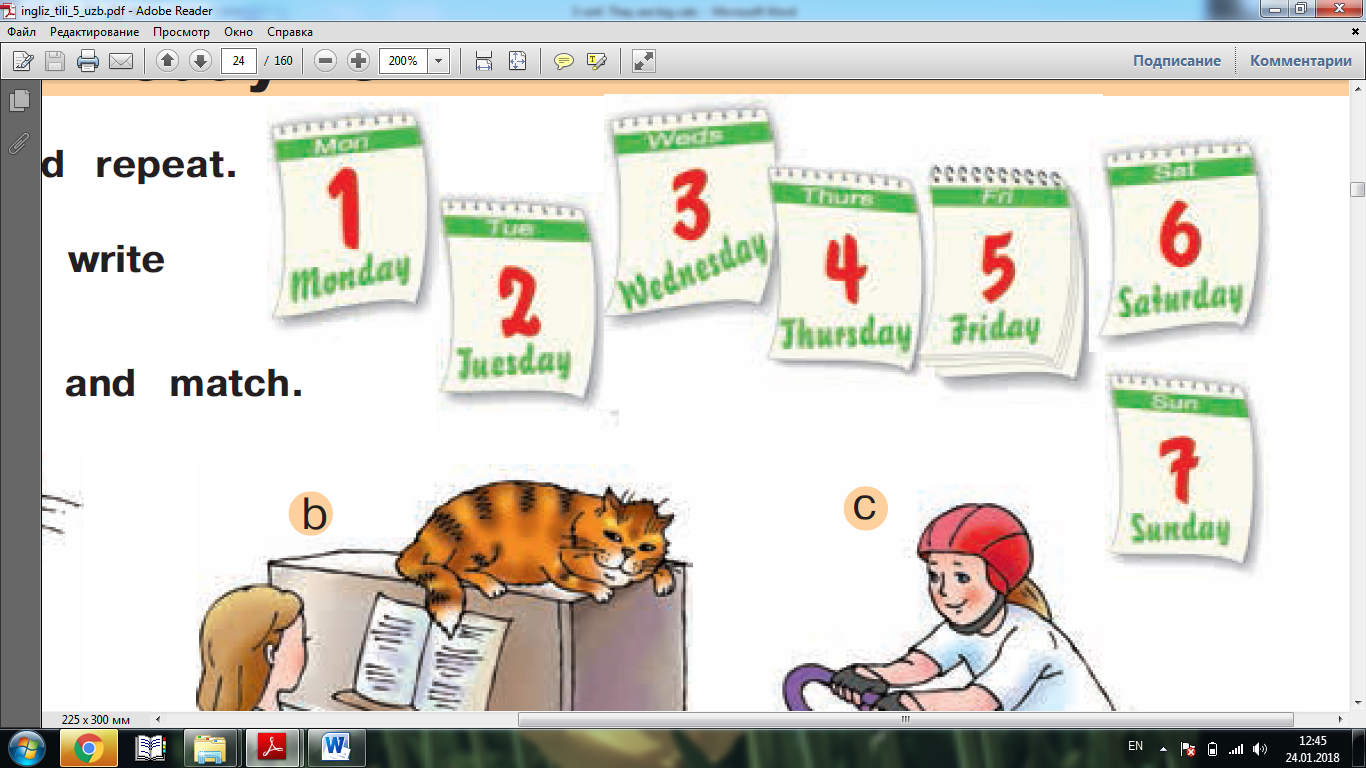



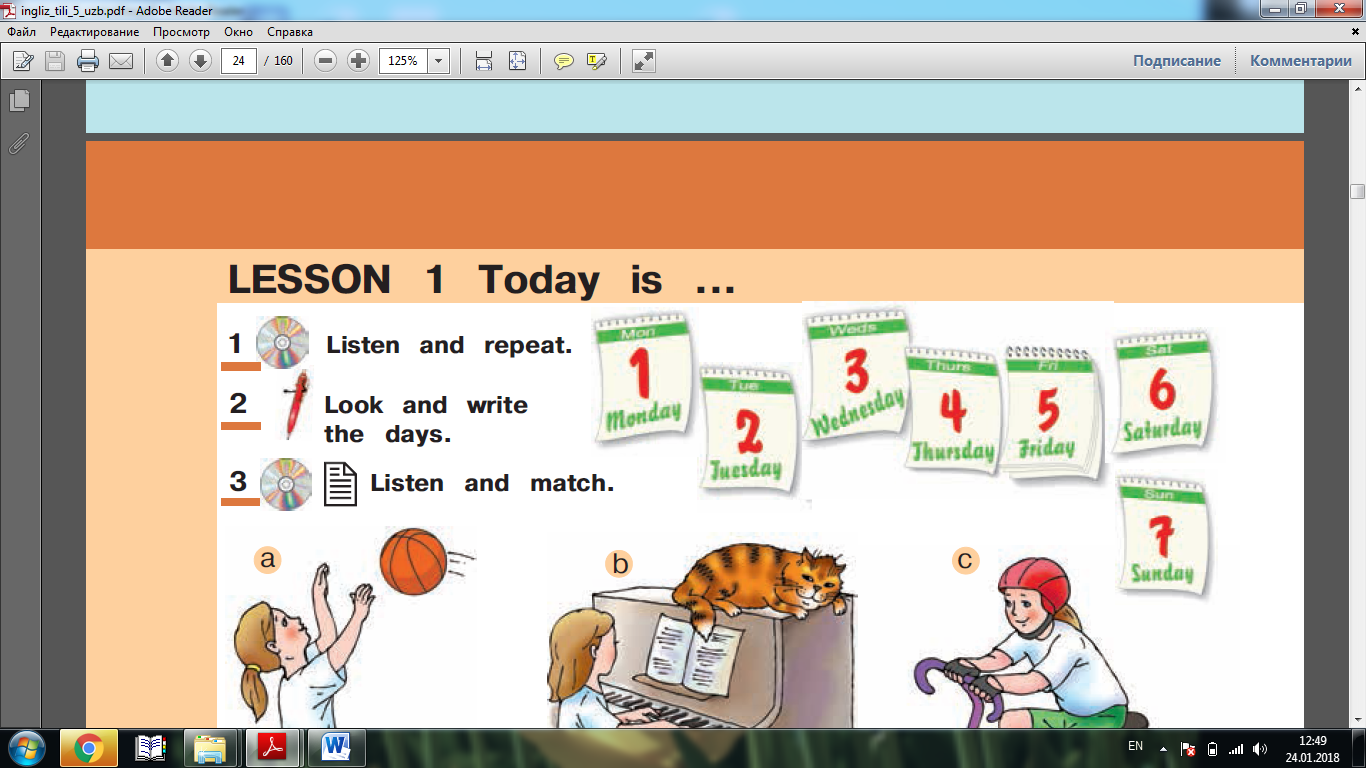


STEP 2: Ask: ‘What day is today?’ Get the answer: ‘Today’s Wednesday.’
Ask: ‘What day is tomorrow?’ Get the answer: ‘Tomorrow’s Thursday.’ Remind the pupils that we write ‘Today is ... Tomorrow is ...’ but we say ‘Today’s ...Tomorrow’s ...’ .
STEP 3: Ask the pupils to open the Workbook to Page 100 and look at activity 2a. Draw their attention to the short forms of the days of the week. Say that it is very easy to guess the days of the week; the first three or four letters of the days can help guess them. Elicit one or two answers. Then ask them to write the days of the week in full form.
Activity 3 Listen and match. 10 min
Objective: to develop pupils’ listening skills, ask the pupils to look at the three pictures in Activity 3 and the days of the week. Say that they should listen to the children, and match the pictures and the days of the week. Check they understand what to do and play the DVD.
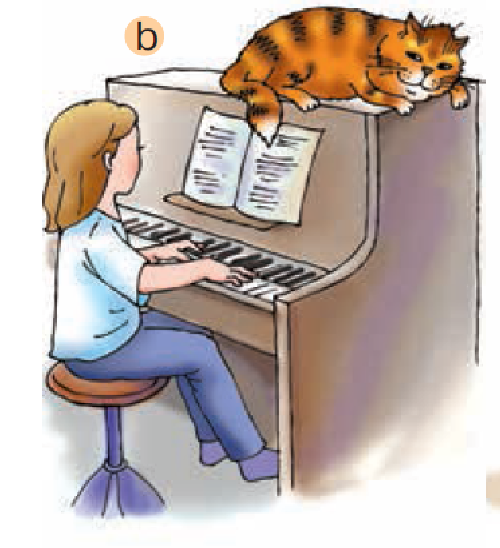
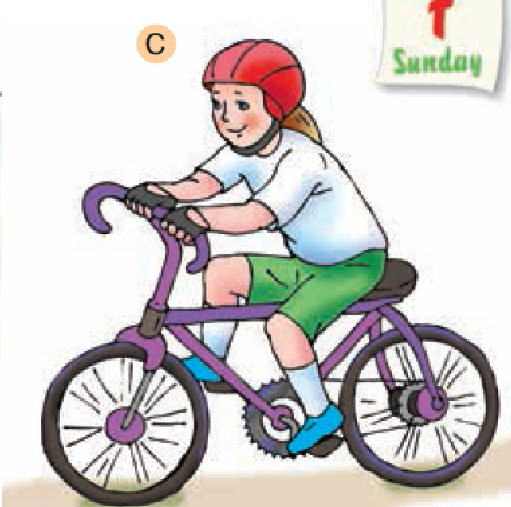
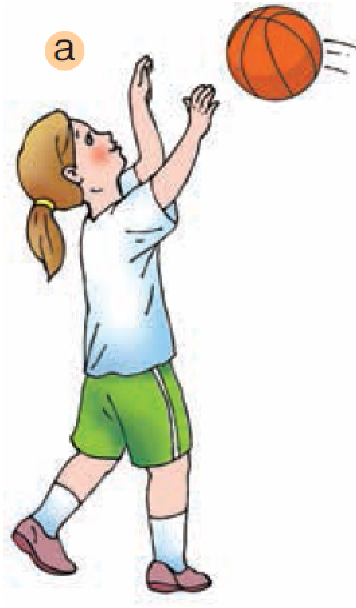
Answer key:
1 (Monday), 5 (Friday) – b;
2 (Tuesday), 4 (Thursday) – a;
3 (Wednesday, 6 (Saturday) – c.
DVD script:
Ron: Lucy, what do you do after school?
Lucy: Well ... I like music and sport ... On Monday and Friday, I have my music lessons. I play the piano ... On Tuesday and Thursday, I play basketball. We play in our school gym.
Ron: And on Wednesday and Saturday?
Lucy: On Wednesday and Saturday, I ride my bike. I like my bike ...
Activity 4a Read and answer the questions. 10 min
Objectives: to revise the past form of irregular verbs; to develop pupils’ reading skills
STEP 1: Ask the pupils to look at the words in the cloud. Ask what they have understood. Elicit the answers. Then sum up that they are the present and past forms of the verbs.
STEP 2: Ask the meaning of the verbs in mother tongue. Then the pupils repeat the verbs after you.
STEP 3: Ask the pupils to read Lucy’s diary and answer the questions.
Answer key:
1) Where did they go on Monday? They went to the Art Museum on Monday.
2) What did they see in the Art Museum?They saw interesting pictures in the Art Museum.
V. Post-activity
Activity 4b Read and write the questions. 7 min
Objective: to develop pupils’ writing, listening and speaking skills
STEP 1: Ask the pupils to read the questions in the example and answer them looking at Lucy’s diary.
STEP 2: The pupils work in 4 groups. Allocate the days to each group:
Group 1 – Wednesday; Group 2 – Thursday; Group 3 – Friday; Group 4 - Saturday.
Ask the groups
to write questions using the info from the diary as in the example. Say that each member of the group must write the questions in her/his copybook.
STEP 3: The groups in turn choose another group and ask their questions.
e.g. Group 1 can choose Group 4 and ask the questions. Group 4 must listen and answer.
Possible questions:
Group 1 - Weds 1) Where did they go on Wednesday?
2) What did they see in the Train Museum?
Group 2 – Thu 1) Where did they go on Thursday?
2) What did they see?
Group 3 – Fri 1) Where did they go on Friday?
2) What did they see in the zoo?
Group 4 - Sat 1) Where did they go on Saturday?
2) What did they eat?
NB: If your class is strong, make new groups: A, B, C, D. In each new group, there must be pupils from all 4 groups. They should in turn ask the questions from each other and answer them.
Homework 3 min
Ask the pupils to look at the homework. Check that everybody understands what to do. If necessary, explain that they must look at the answers on the right and write questions as shown in the example.
Answer key:
1) Where did they go on Tuesday?
2) Where did they go on Friday?
3) What did they buy?
4) What did they see?
5) What did they eat?
Extra activities
Name: ____________
www.misteraidan.com Class: _____________
Part A: Read.
This is May. She’s ten years old. She’s tall and thin. She’s got long brown hair. She’s got brown eyes.

She can sing and dance. She can’t swim.
Every Monday, May reads Chinese books with her friends. Every Tuesday, she rides a bike to school. On Wednesdays, she plays music at school. On Thursdays, she sings English songs with her friends. Every Friday, she cooks eggs at home.
_ _ _ _ _ _ _ _ _ _ _ _ _ _ _ _ _ _ _ _ _ _ _ _ _ _ _ _ _ _ _ _ _ _ _ _ _ _ _ _ _ _
Part B: Write the day please.
| 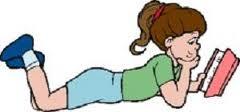
| 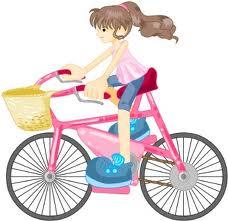
| 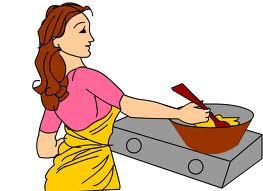
| 
| 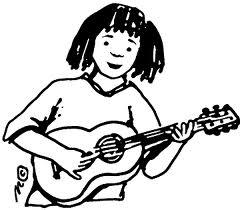
|
| __________ | __________ | __________ | __________ | __________ |
_ _ _ _ _ _ _ _ _ _ _ _ _ _ _ _ _ _ _ _ _ _ _ _ _ _ _ _ _ _ _ _ _ _ _ _ _ _ _ _ _ _
Part C: True or False.
1. May reads Chinese books. _________
2. May rides a bike to school on Fridays. _________
3. She plays music at home. _________
4. She plays music at school on Wednesdays. _________
5. She cooks pizza. _________
_ _ _ _ _ _ _ _ _ _ _ _ _ _ _ _ _ _ _ _ _ _ _ _ _ _ _ _ _ _ _ _ _ _ _ _ _ _ _ _ _ _
Part D: Please answer Yes or No.
1. Does May ride a bike on Mondays? ______ , _______ ________.
2. Does May sing English songs? ______ , _______ ________.
3. Does May cook on Fridays? ______ , _______ ________.
4. Does she play music on Wednesdays? ______ , _______ ________.
5. Does May read Chinese books on Tuesdays? ______ , _______ ________.

Write the days of the week by grouping the syllables below. One of them is used in every word!

TUR FRI MON SA THURS

|
| DAY |
| WED |
|
| SUN |
| TUES |
|
| NES |
|
|
|
|
|
|
|
|
|
|
|
|
|
|
|
| __________________ | ___________________ | ___________________ | ___________________ |
| _____________________ | _____________________ | _____________________ |
Now complete the sentences with the correct day.
The first (1st) day of the week is S_____________________.
The fourth (4th) day of the week is _____________________.
The seventh (7th) day of the week is _____________________.
The fifth (5th) day of the week is _____________________.
The third (3rd) day of the week is _____________________.
The sixth (6th) day of the week is _____________________.
The second (2nd) day of the week is _____________________.
Look at the calendar and answer the questions.
What day is the 1st May?
The 1st May is ____________________________.
What day is the 6th May?
________________________________________________________
What about the 11th May?
________________________________________________________
And the 14th May?
________________________________________________________
What day is the 24th May?
________________________________________________________
What day is the 26th May?
________________________________________________________
And the 30th May?
________________________________________________________
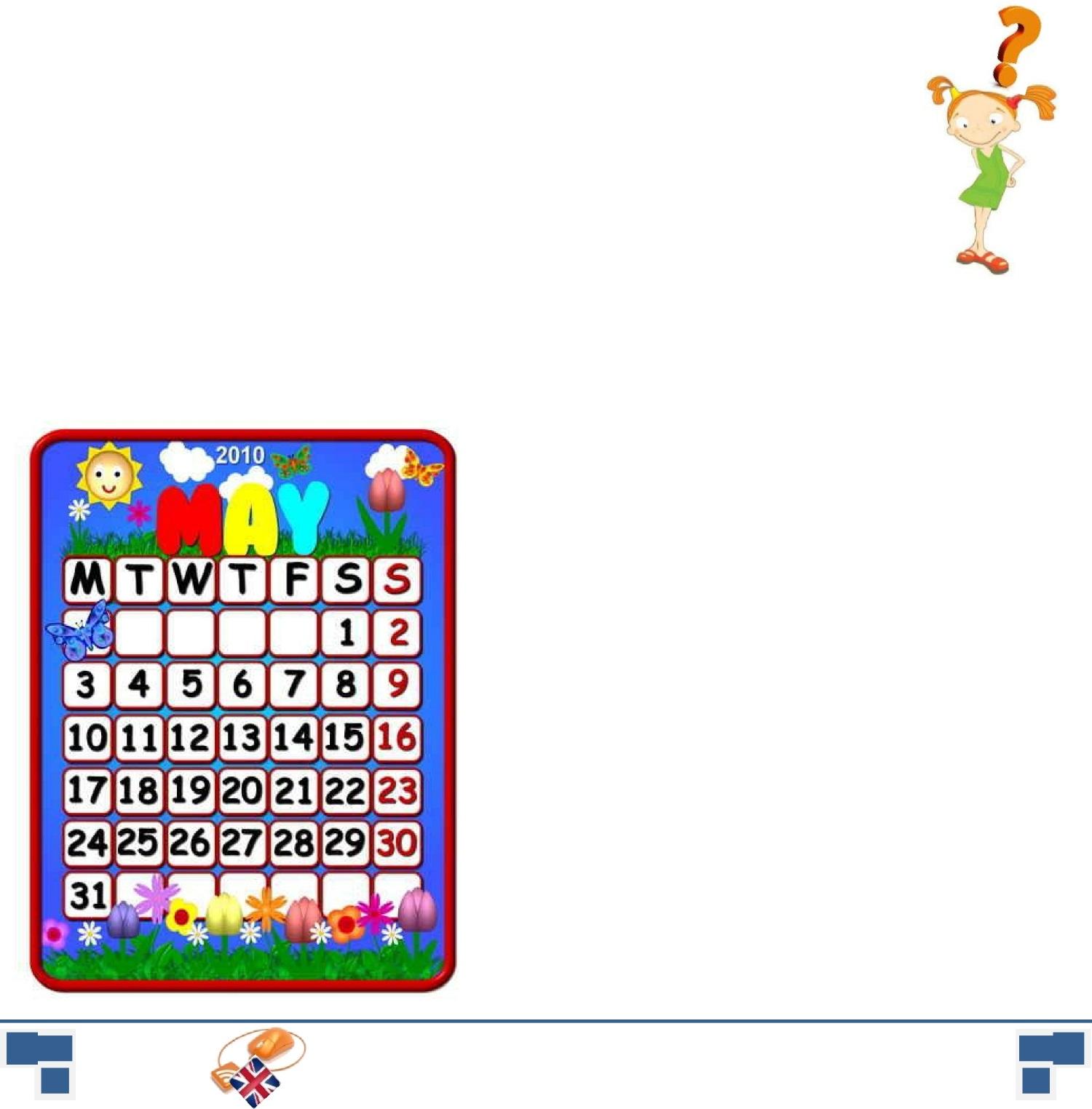







 DVD script:
DVD script: 
























